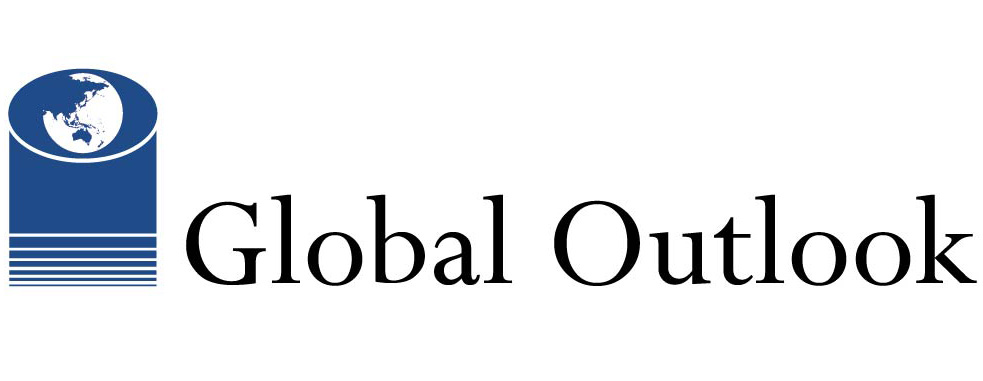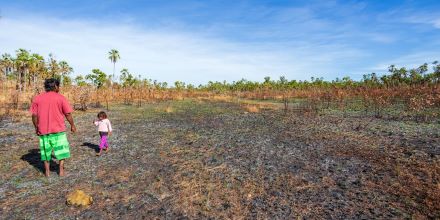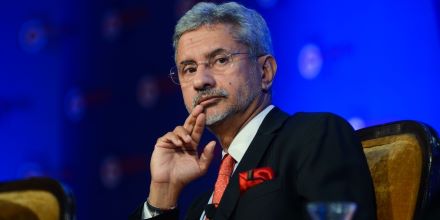
Curated expert opinion on intractable contemporary issues
Climate Change Threatens First Nations – Their Perspectives Must Be Heard
By Karin Gerhardt, Jon Day, Larissa Hale and Scott F. Heron | 13 June, 2022
Australia’s First Nations people face many threats from climate change, ranging from impacts on food availability to health. For instance, rising seas are already flooding islands in the Torres Strait with devastating consequences.
America’s Shaky Leadership Makes for Uneasy Global Order
By Chung-in Moon | 02 June, 2022
It’s hard to shake the impression that the US has become a kind of “outsourcing hegemon” that relies on its friends and allies to handle big jobs in the international community because its own power is more limited than it once was.
Dark Clouds Over North Korea
By Herbert Wulf | 18 May, 2022
In the shadow of the Ukraine war and far from international attention, three problematic developments can be observed in North Korea: COVID-19 infections are a cause for concern, the election of the South Korean president signals a hardening of the fronts and, encouraged by Russia's war in Ukraine, Kim Jong-un’s government continues to focus on the expansion of its nuclear capabilities. This gives rise to fears of nuclear proliferation in Asia.
How Ukraine is Setting the Stage for a Nuclear Domino Effect in Northeast Asia
By Chung-in Moon | 10 May, 2022
The Cold War was a time when humankind trembled at the fearful prospect of nuclear war. But it was also a time when strategic stability coalesced from the strategy of nuclear deterrence and a range of negotiations about nuclear disarmament. That’s known as the paradox of the Cold War.
Labour Migration and Climate Justice?
By Carol Farbotko, Taukiei Kitara and Olivia Dun | 07 May, 2022
Migration is a potentially adaptive response to climate change. Adaptive migration responses do not involve only permanent movement away from a climate vulnerable site; temporary migration, when migrants may bring or send back additional funds, new knowledge, upgraded skills and other resources, can help to build resilience among communities in climate vulnerable areas.
Double Standards are Normal in Foreign Policy
By Ramesh Thakur | 05 May, 2022
What is it about some Westerners that makes them so singularly lacking in self-awareness as they assume a position of moral and intellectual superiority to issue condescending pronouncements on non-Westerners? In their chapter in the 1999 book The power of human rights, Thomas Risse and Stephen Ropp wrote: ‘Pressure by Western states and international organizations can greatly increase the vulnerability of norm-violating governments to external influences.’
The views and opinions expressed in Global Outlook are those of the authors and do not necessarily reflect the official policy or position of Toda Peace Institute.





